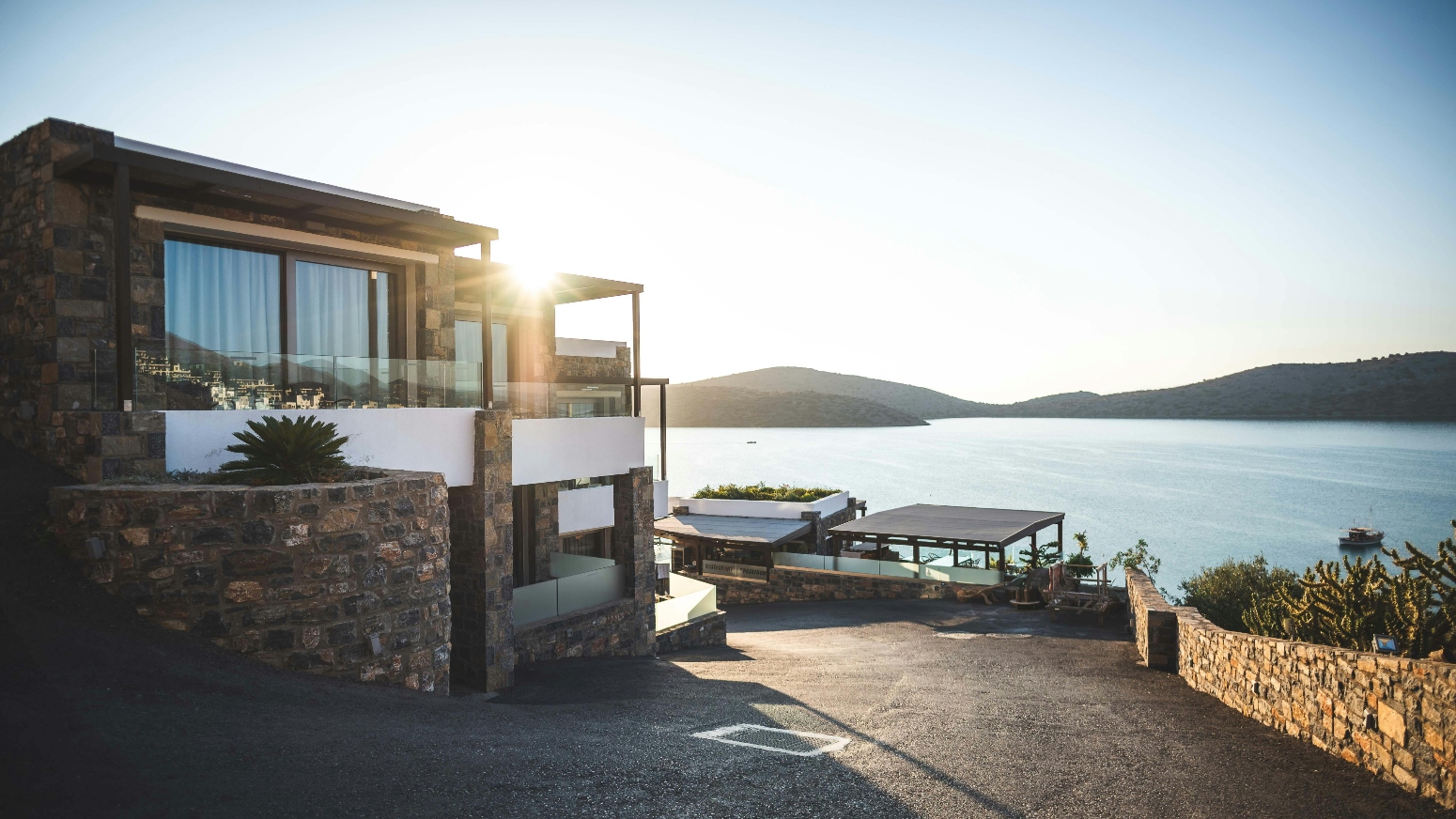
Investing in luxury real estate offers access to an array of properties in sought-after areas, plus the potential for substantial financial returns. To effectively navigate this market, it’s crucial to understand its unique traits and dynamics. Regardless of your experience or interest level, familiarizing yourself with the key factors allows you to negotiate luxury real estate investments with confidence and strategic insight.
Grasping Market Dynamics

The luxury real estate market undergoes constant evolution influenced by factors such as new property hotspots, shifting consumer tastes, and global economic shifts. There’s a significant demand for homes situated in tranquil locations that offer privacy, security, and premium amenities. Investors should pay attention to economic variables that can greatly impact investment potential, including interest and currency rates. Moreover, political stability plays a critical role in shaping buyer confidence and directly affecting property valuations in specific locales.
Understanding Legal and Financial Challenges
Investing in luxury real estate entails navigating numerous complicated legal and financial considerations. Conducting thorough due diligence is essential, as comprehension of property taxes, zoning regulations, and related laws can protect your investment and enhance profitability. Collaborating with skilled legal professionals guarantees compliance and peace of mind.
Moreover, exploring various financing options tailored to luxury investments can optimize leverage and reduce risks. Whether acquiring loans or working with private financiers, strategic financial planning is paramount.
Sometimes, existing luxury rental properties need adjustments, necessitating lease extension agreements to sustain profitable rental income while devising long-term investment strategies. In these instances, Lawrina proves to be an invaluable tool for investors, offering comprehensive legal agreement templates, including lease extension contracts. Their user-friendly platform simplifies agreement customization, ensuring smooth legal operations and fostering informed, judicious investment choices in luxury real estate.
Location and Exclusivity: Core Factors of Value

In luxury real estate, the significance of location cannot be overstated. A property’s value is largely dictated by its location, encompassing neighborhood prestige, accessibility to cultural and commercial venues, and the quality of local amenities such as schools and transport networks. Exclusivity plays a crucial role; affluent buyers often desire properties in gated communities or private islands featuring distinct amenities. This exclusivity enhances the appeal of luxury living and increases investment prospects by ensuring strong demand.
Furthermore, investing in luxury real estate usually means acquiring land with a narrative—be it historical importance, architectural value, or unique cultural characteristics that differentiate the location. The inherent charm of a site can elevate a property to trophy status, leading to significant appreciation over time. Areas undergoing revitalization also present enticing opportunities, where acquiring properties in emerging neighborhoods early on can set the stage for substantial future returns.
Recognizing and understanding these nuanced factors can afford investors a competitive advantage as they tailor their portfolios to include locations primed for lasting growth and prestige.
Highlighting Property Features and Quality

The appeal of luxury real estate investment goes beyond mere transactions; it’s about acquiring a slice of a prestigious lifestyle woven with sophistication and elegance.
It allows individuals to own embodiments of their dreams, whether it’s a stylish city penthouse, an elegant country estate, or a seaside villa. For discerning investors, these properties offer not only undeniable returns but also gateways to luxury and prestige, forming the foundation of an opulent lifestyle.
Key attributes and quality features significant for luxury real estate investments include:
Distinctive Architecture: Luxury properties often showcase innovative design elements and cutting-edge architectural styles.
Smart Technologies: Inclusion of advanced home automation and security systems for convenience, security, and efficiency.
Premium Materials: Utilization of high-quality, long-lasting materials that enhance aesthetic charm and durability.
Exceptional Craftsmanship: The finest craftsmanship is evident throughout these properties, with meticulous attention to detail.
Environmental Sustainability: Many luxury homes incorporate sustainable building practices and eco-friendly materials, showcasing a commitment to conservation.
Luxury Amenities: Features such as pools, wine cellars, home theaters, outdoor kitchens, and opulent bathrooms are often standard in luxury properties.
Stunning Vistas: Prime real estate locations provide breathtaking, often sweeping views that contribute significantly to a property’s value.
Ample Space: Generous, well-designed indoor and outdoor areas promote comfort and aesthetic appeal.
Privacy Considerations: Strategic designs and locations often ensure a high level of privacy, a critical aspect of luxury properties.
It’s essential to invest in properties that uphold these features and quality standards to maintain desirability in the ever-evolving luxury real estate landscape.
Partnering with Industry Experts
The intricacies of the luxury market necessitate collaboration with experienced professionals. Working with real estate agents focused on luxury properties can provide insights into specific markets and emerging opportunities. Additionally, financial advisors and legal professionals can offer customized guidance that aligns with your investment objectives, ensuring every decision is both well-informed and strategic. A reliable team can greatly enhance your investment journey, offering expertise and mitigating risks.
Navigating Cultural and Personal Preferences
Investors in the luxury segment should recognize the cultural influences and personal preferences shaping purchasing choices. Property selections should align with clients’ lifestyle desires and needs, balancing investment potential with personal satisfaction and usability. When dealing with international investments, understanding and respecting cultural differences is crucial. This cultural awareness enriches the investment experience, fostering positive interactions and informed decision-making.
Final Thoughts
Navigating the luxury real estate market successfully requires a multifaceted strategy that involves market analysis, location scouting, property evaluation, and collaboration with experts. By carefully considering these critical aspects, investors can discover new opportunities and ensure their ventures are both lucrative and gratifying. The luxury market’s dynamic evolution and enticing prospects reward well-informed, strategic engagement. As you embark on or continue your luxury real estate journey, remain flexible and keep yourself educated on trends and insights that will shape a successful investment future.
For more insights into the latest luxury properties, click here.


